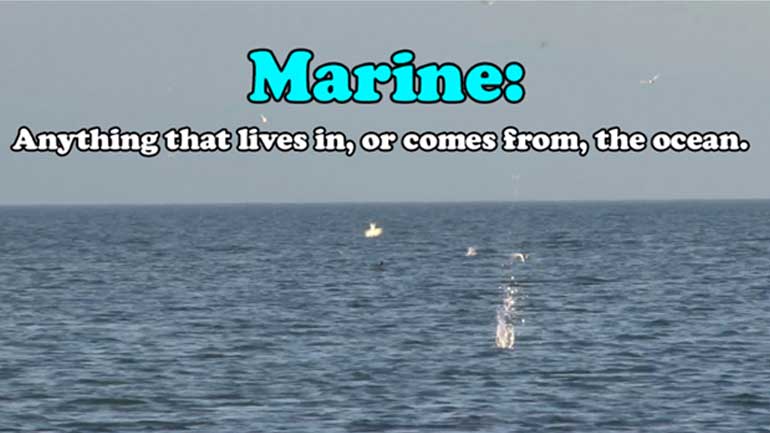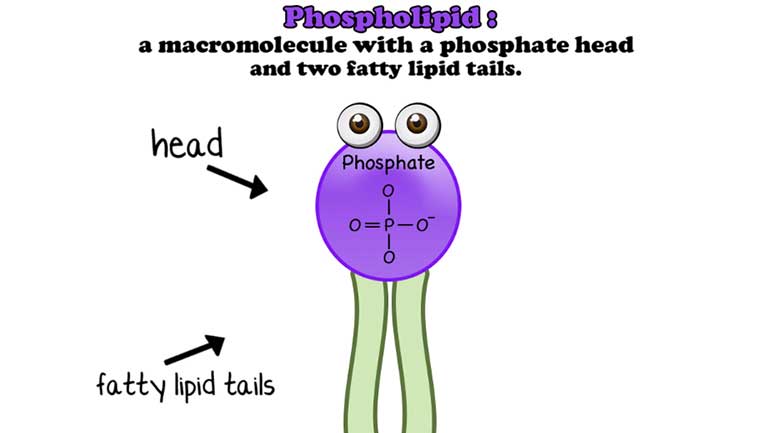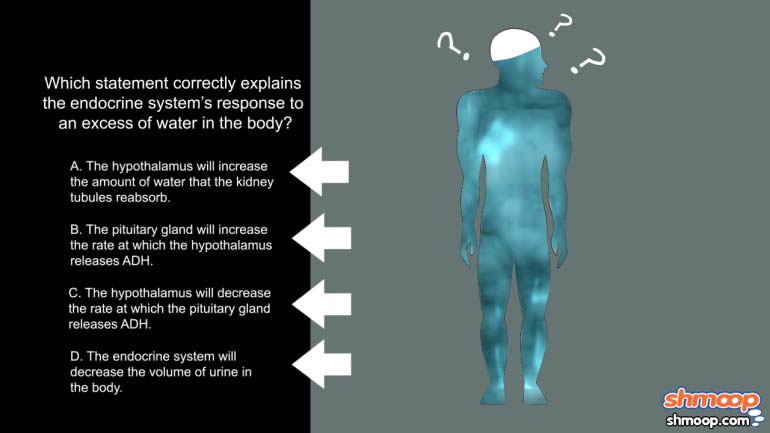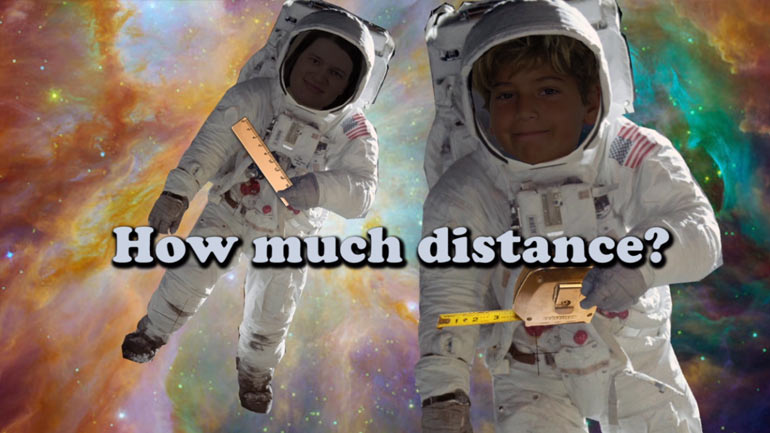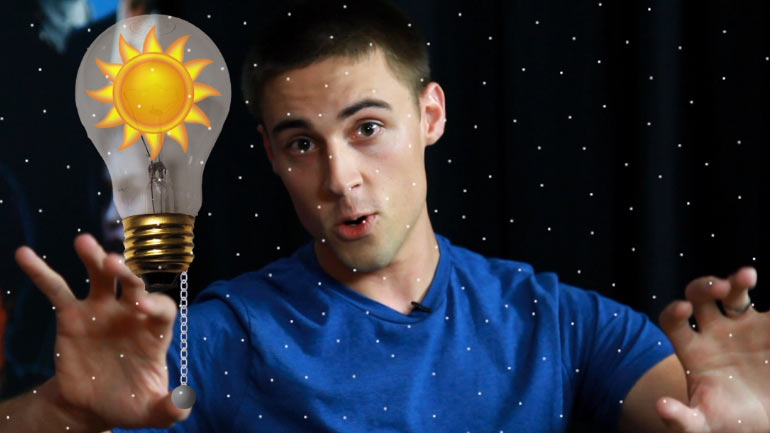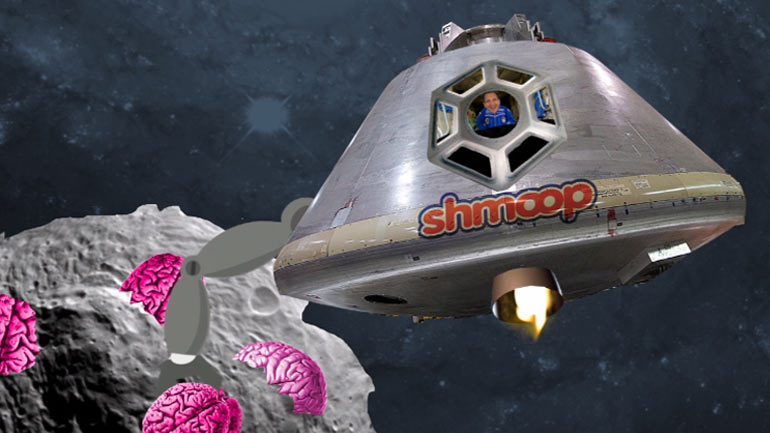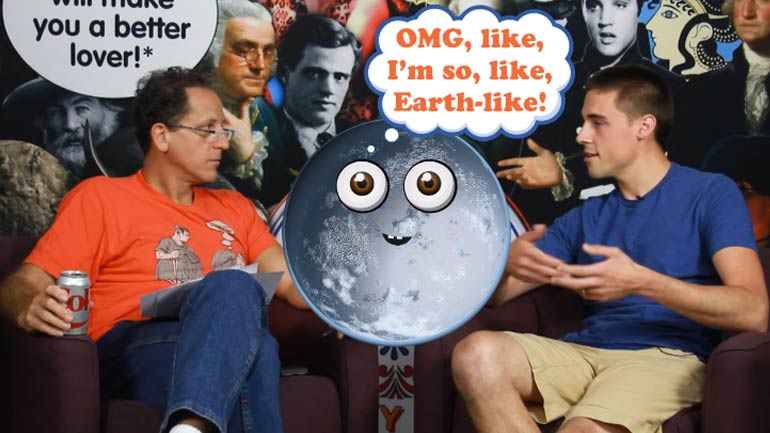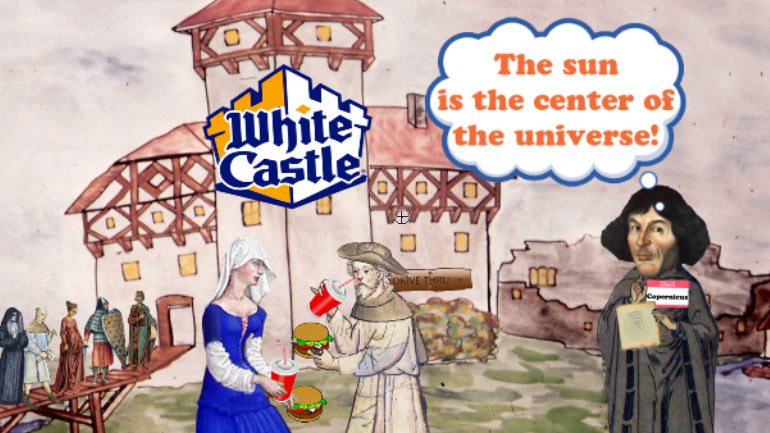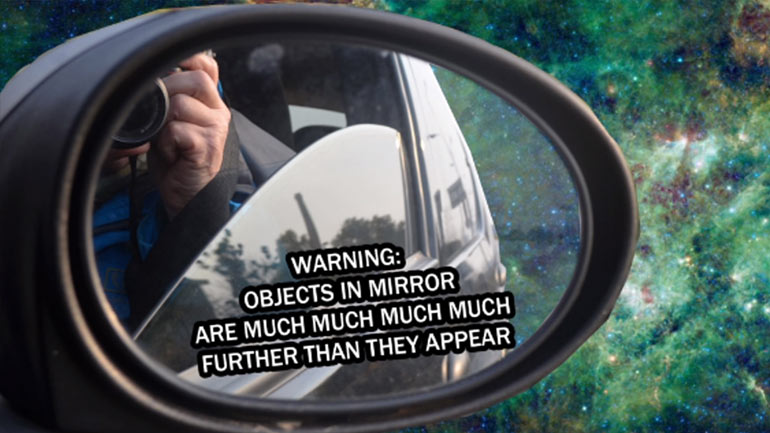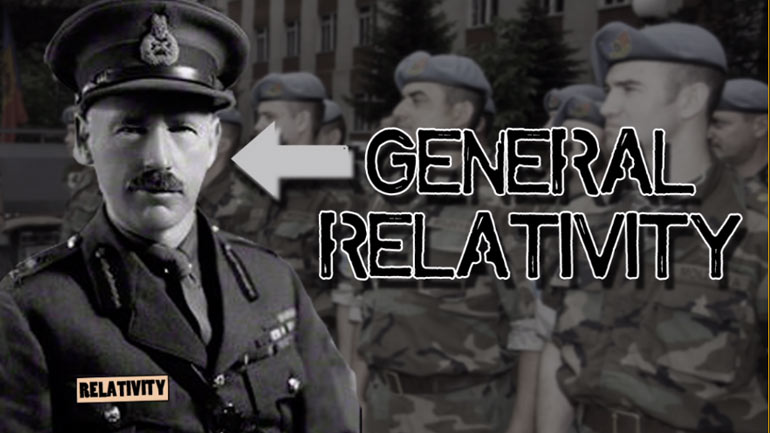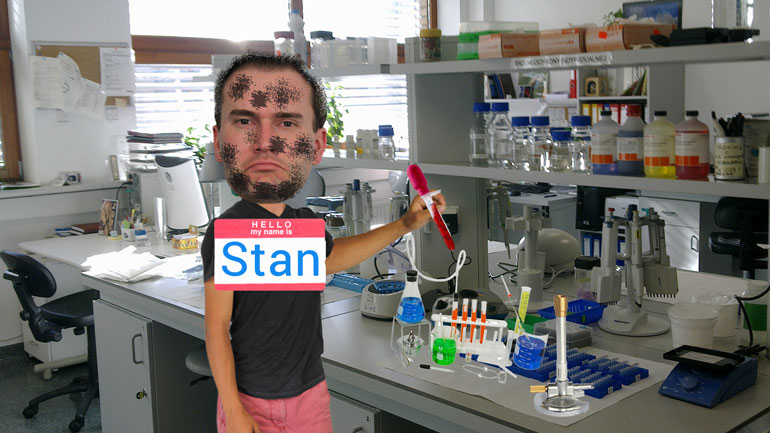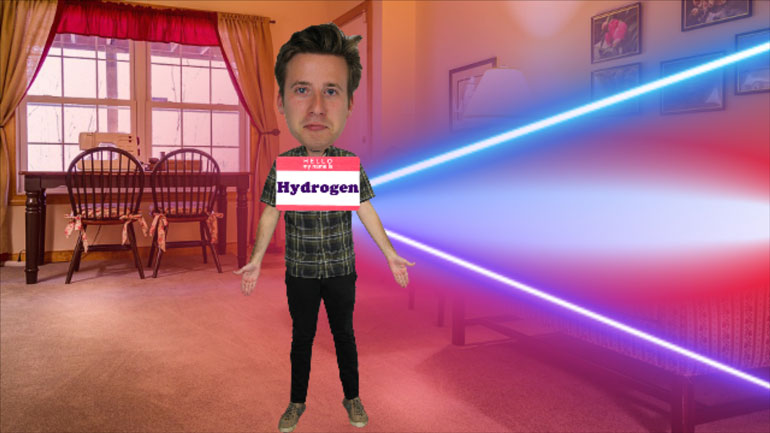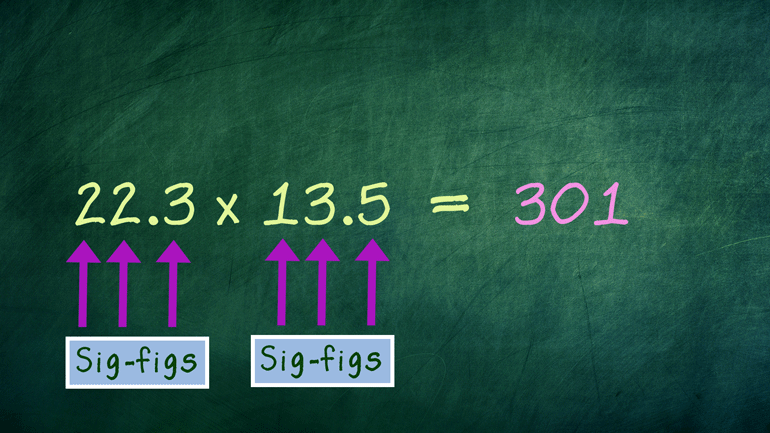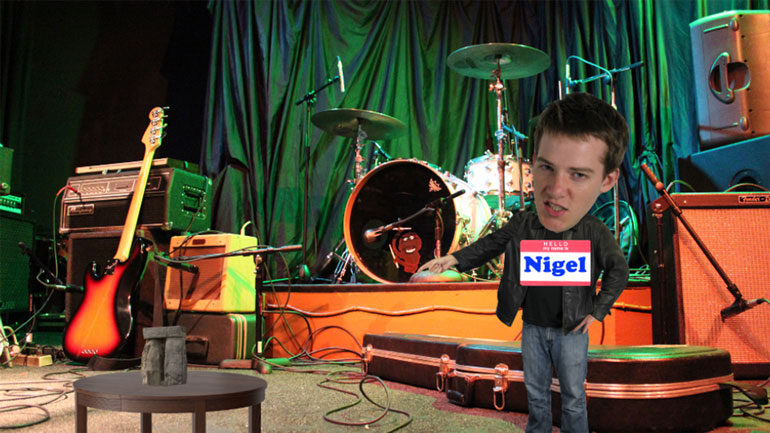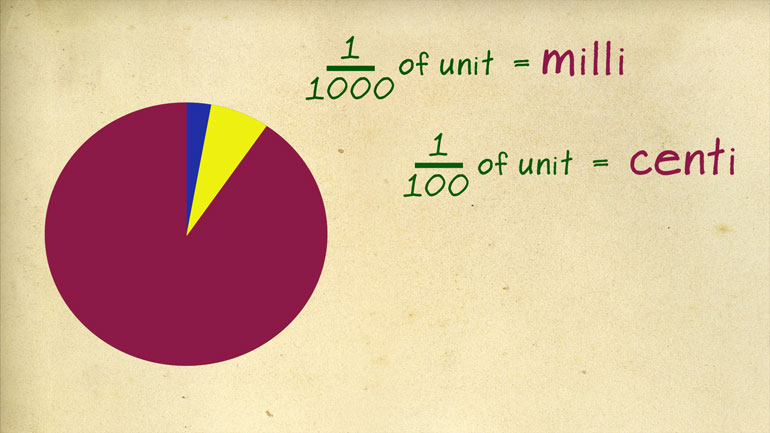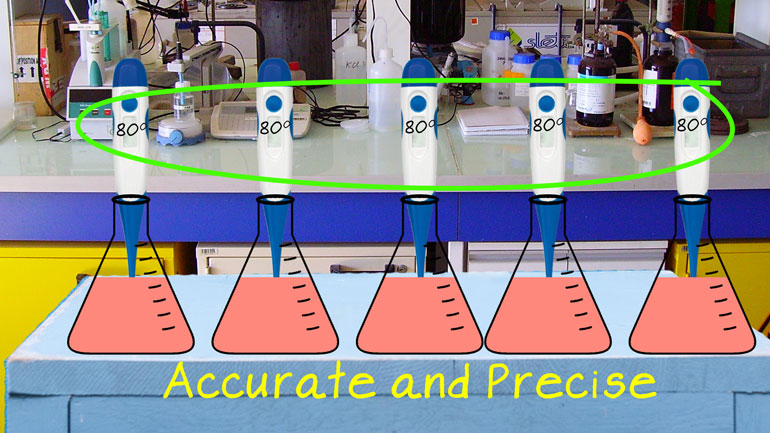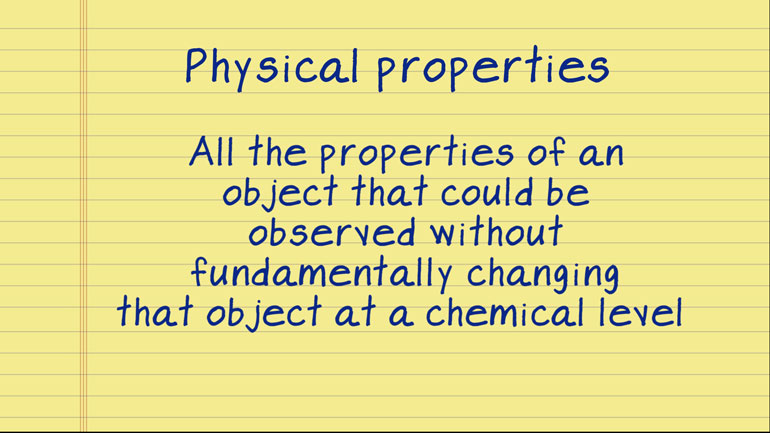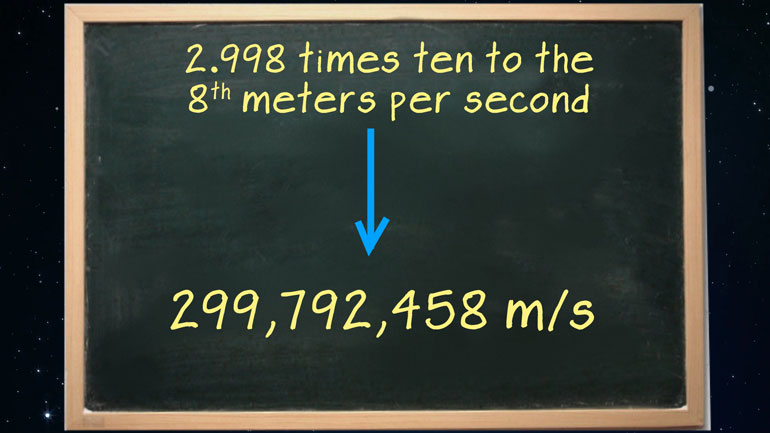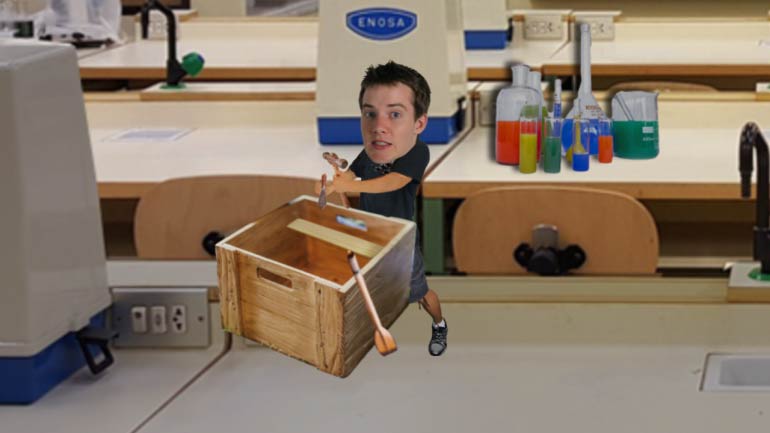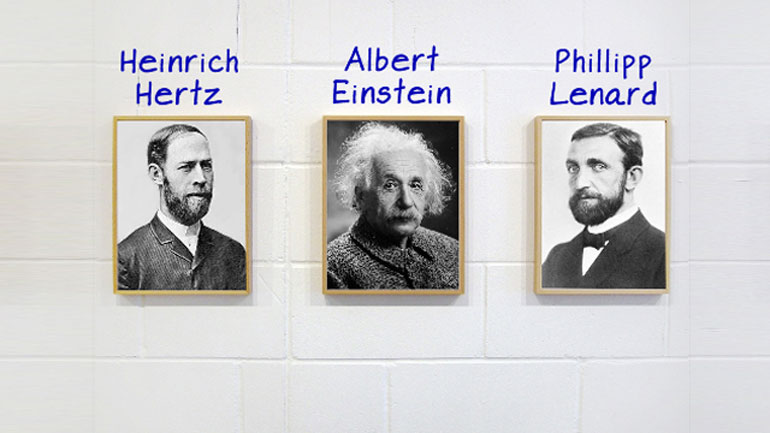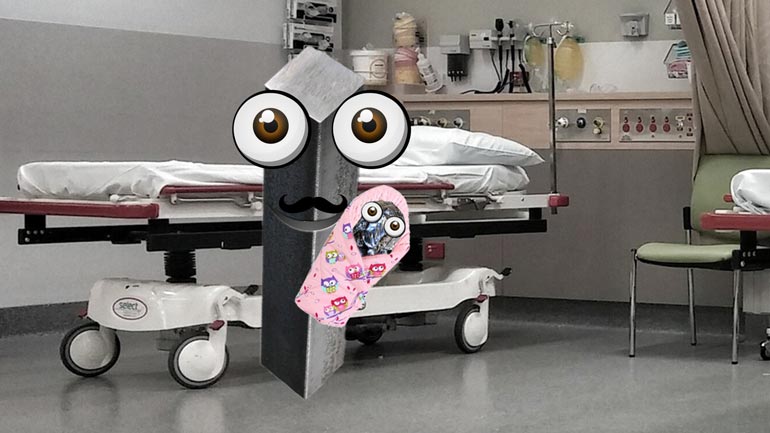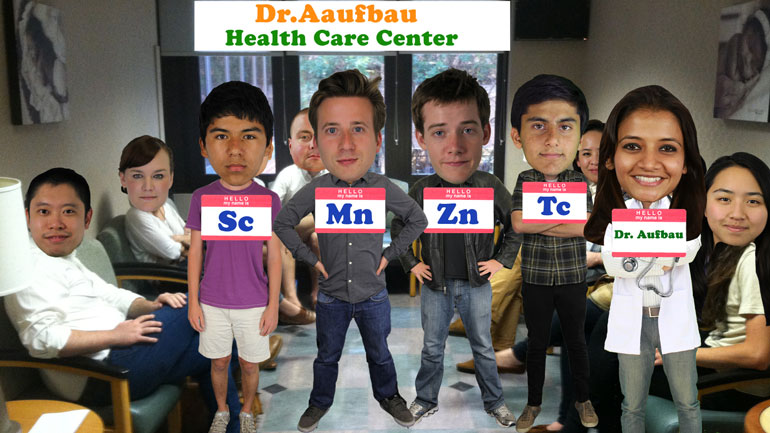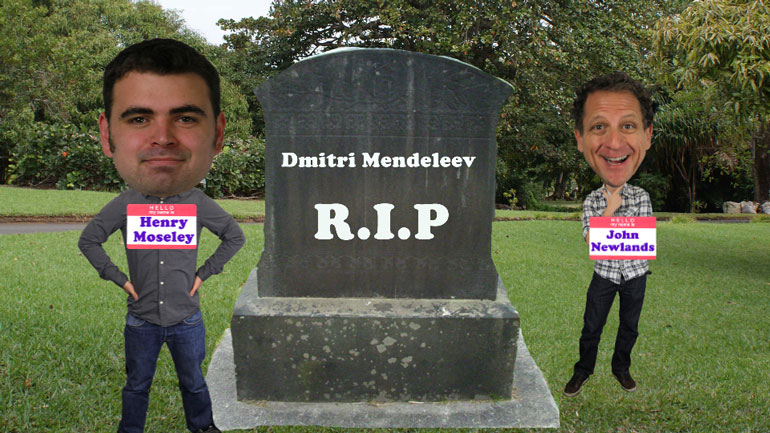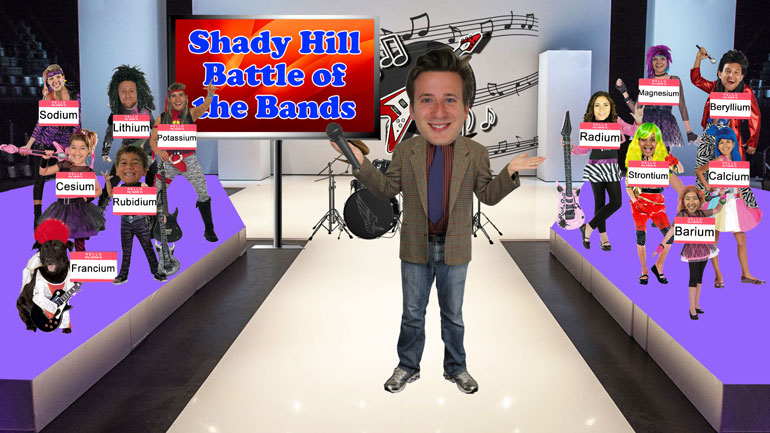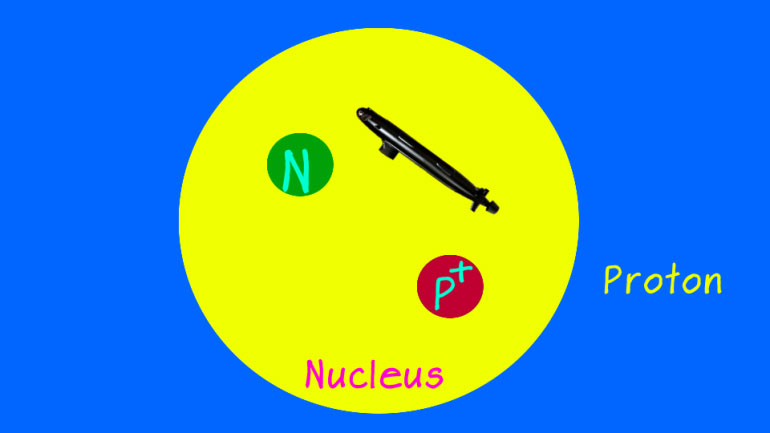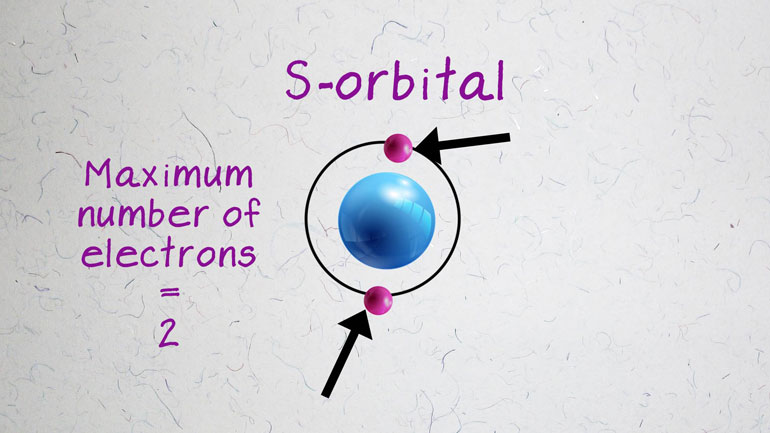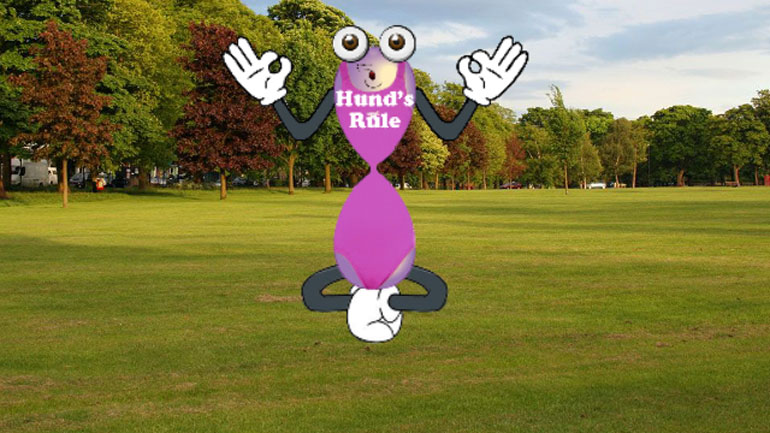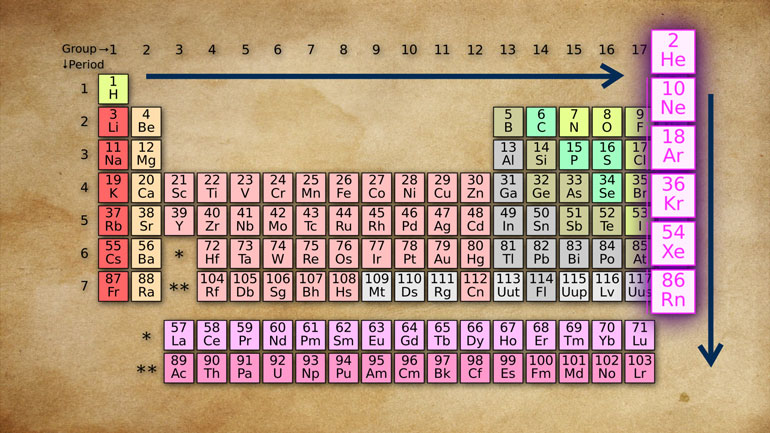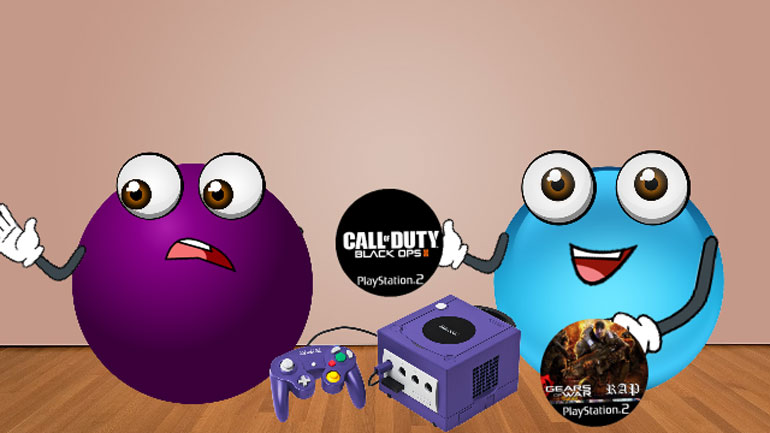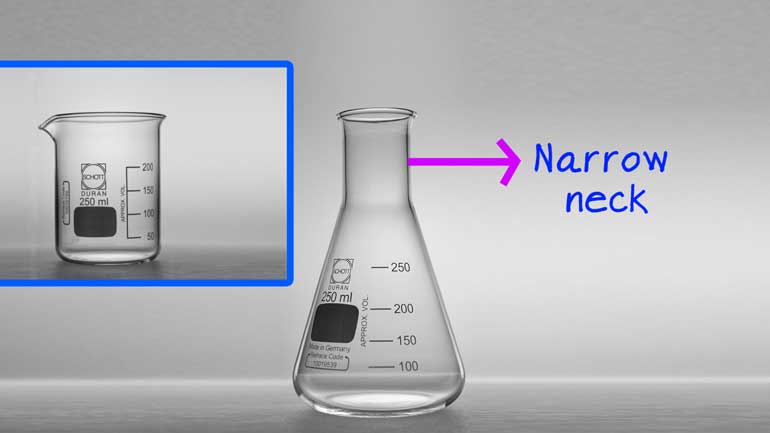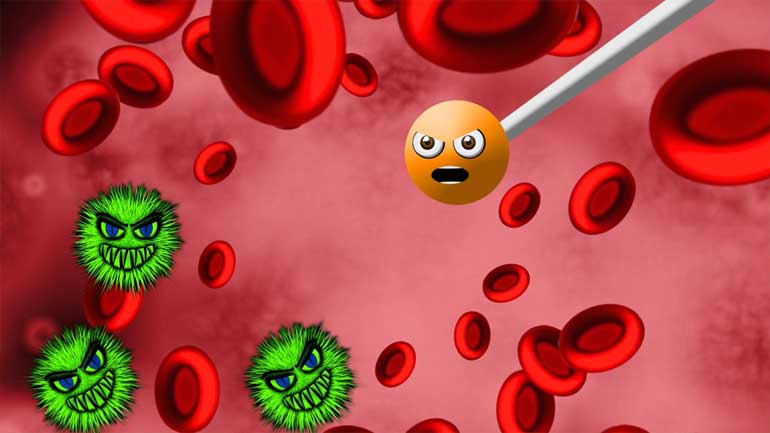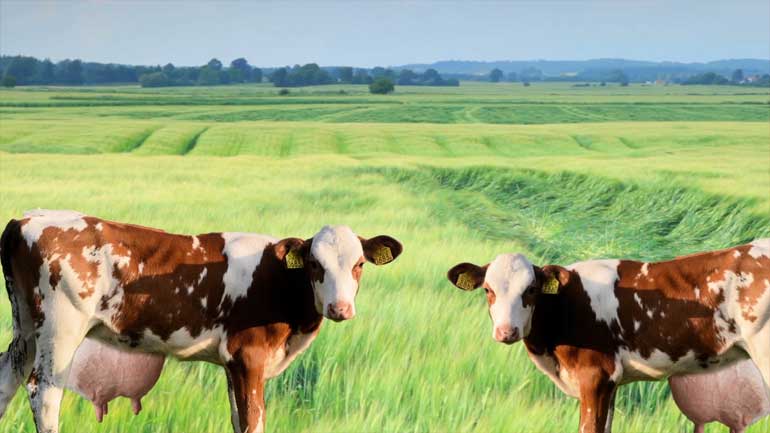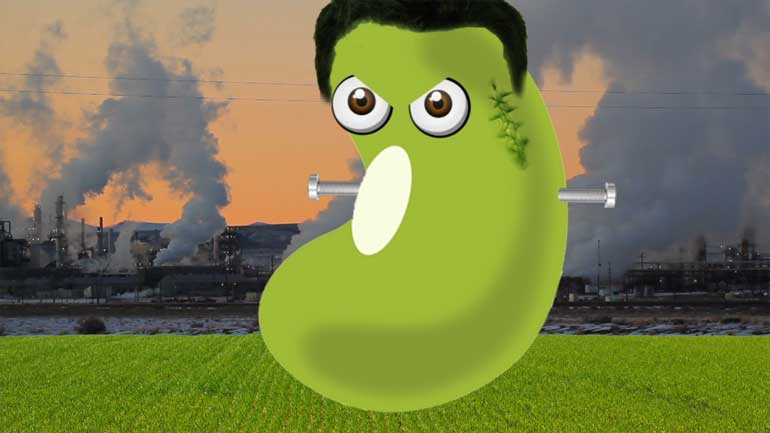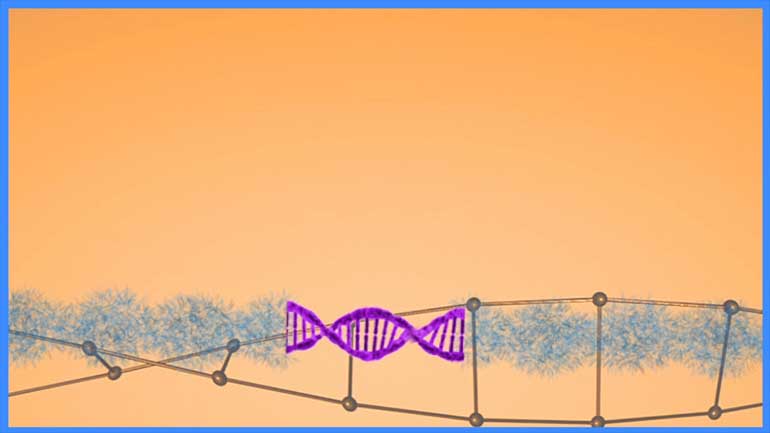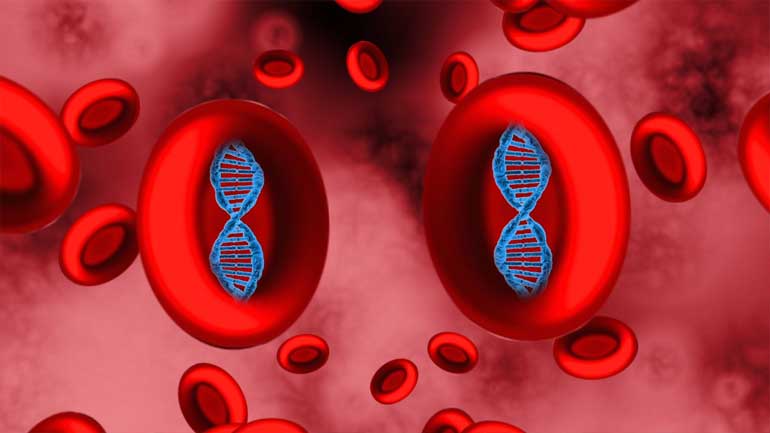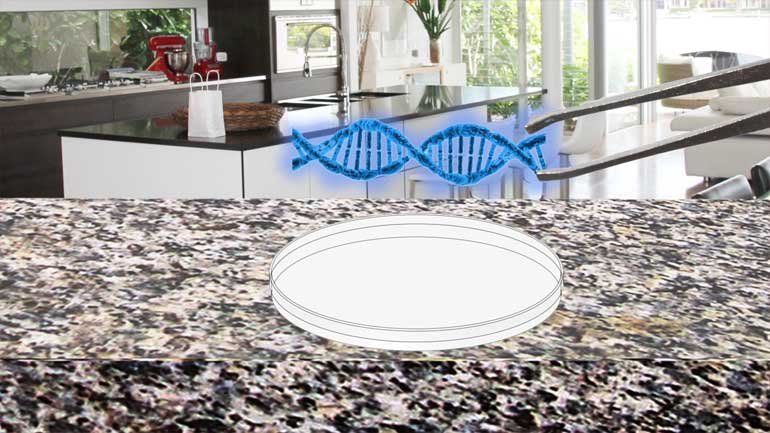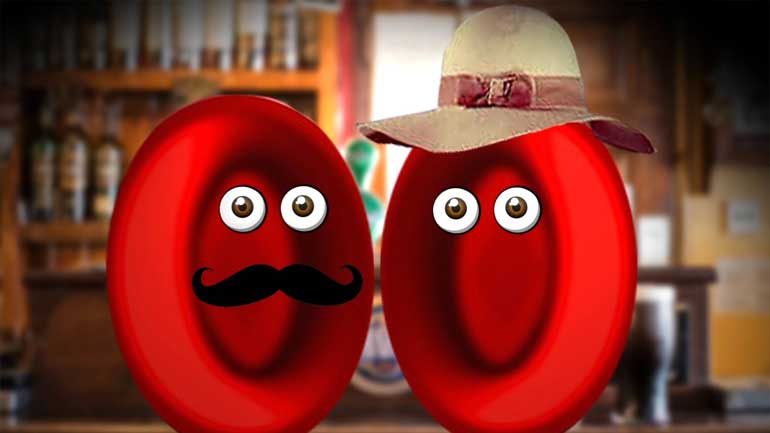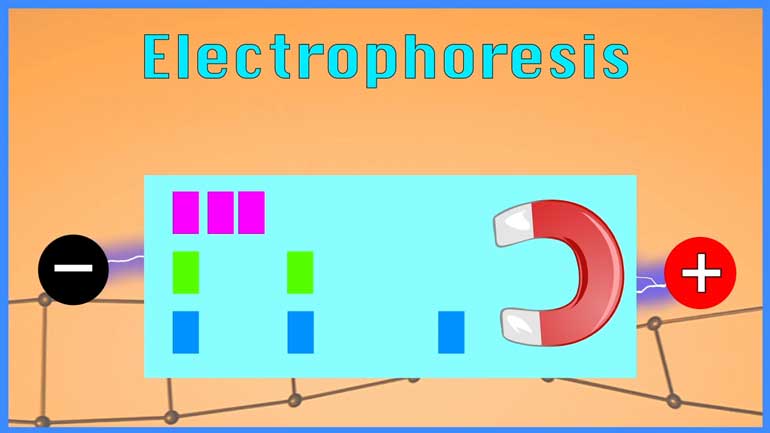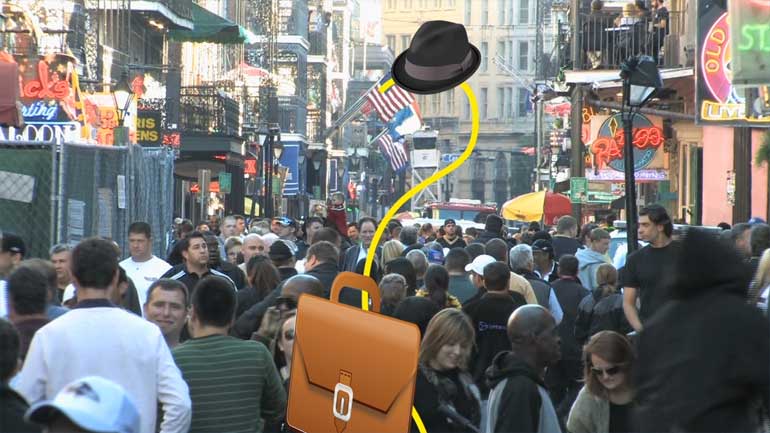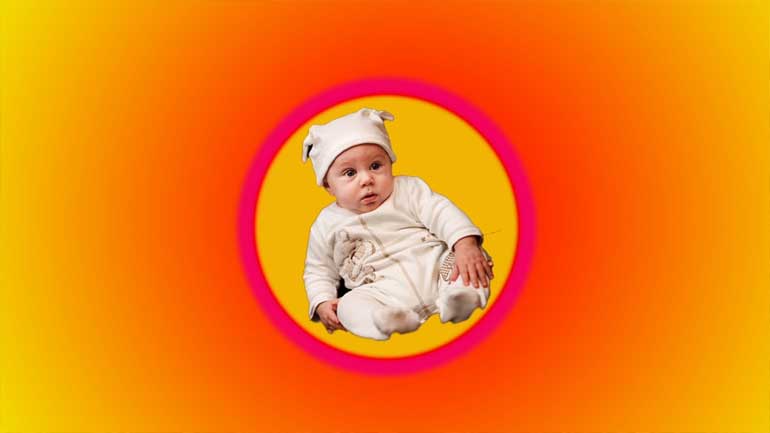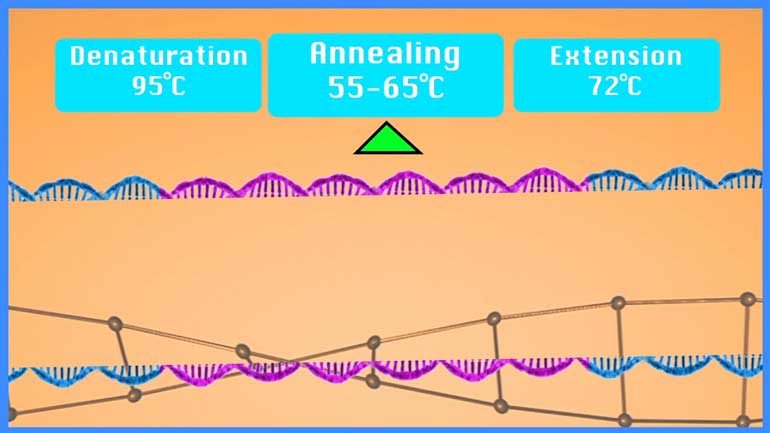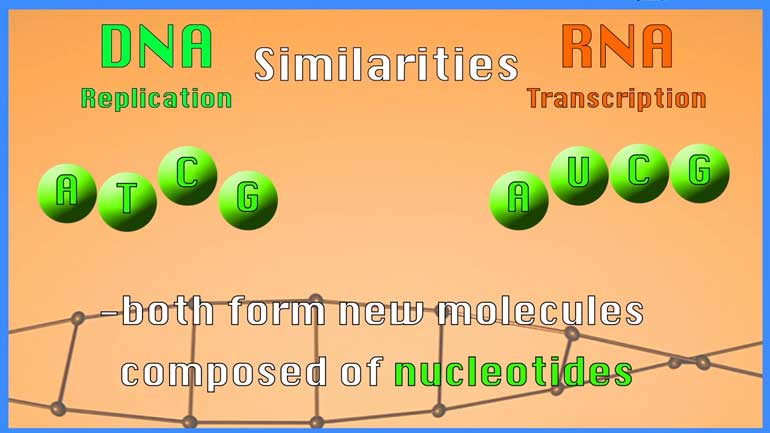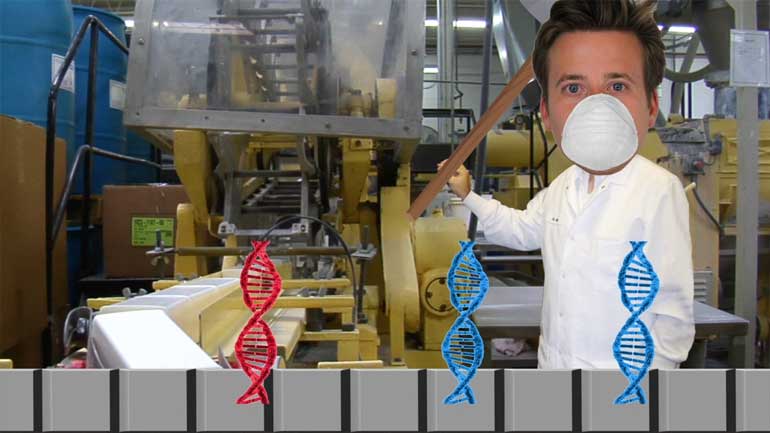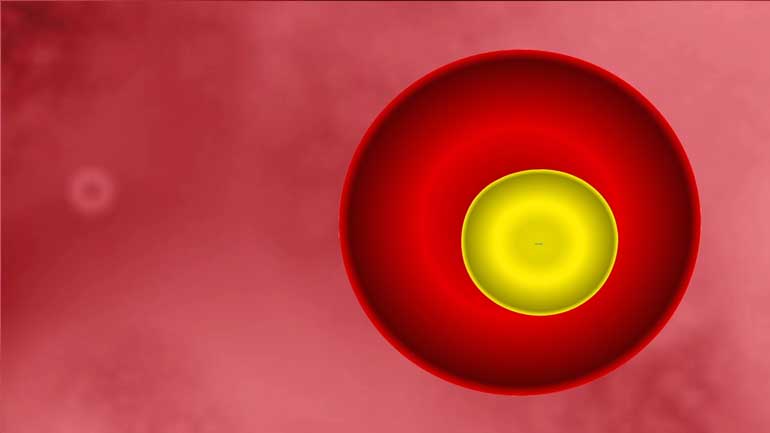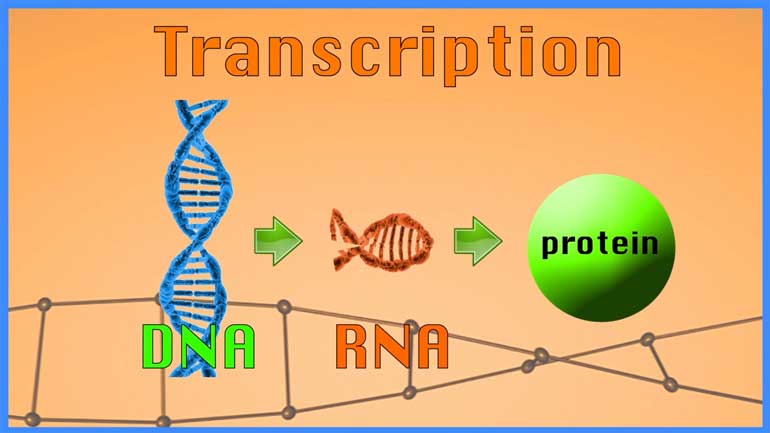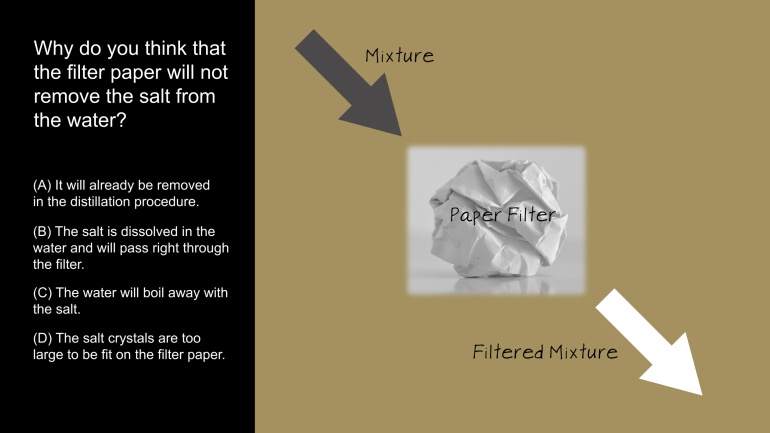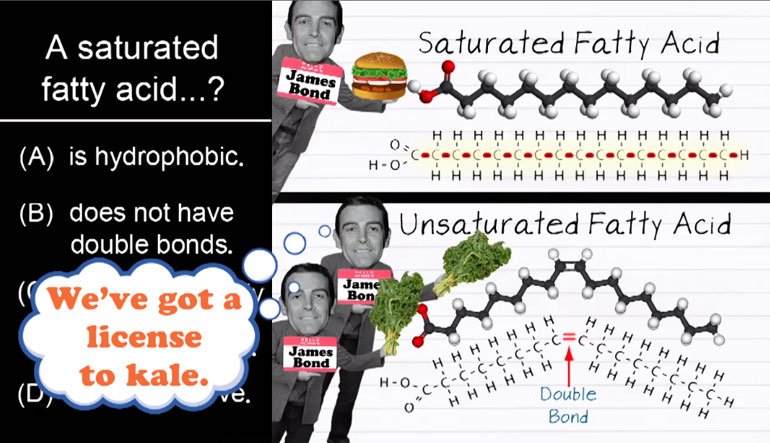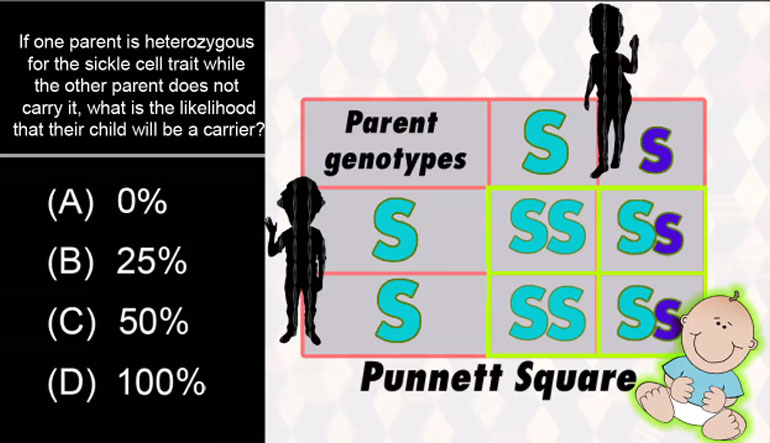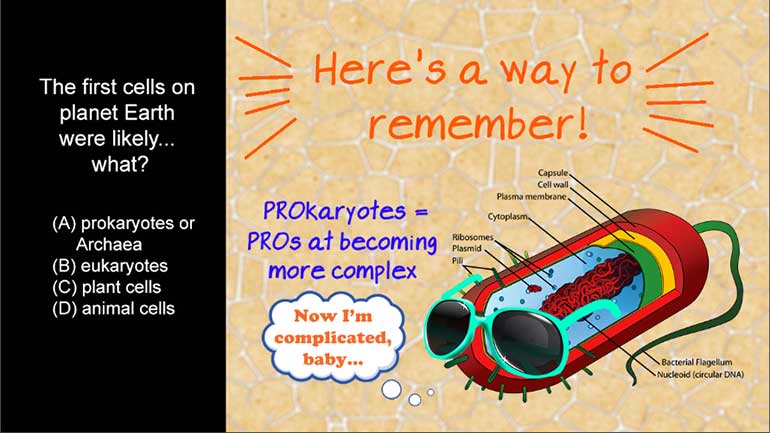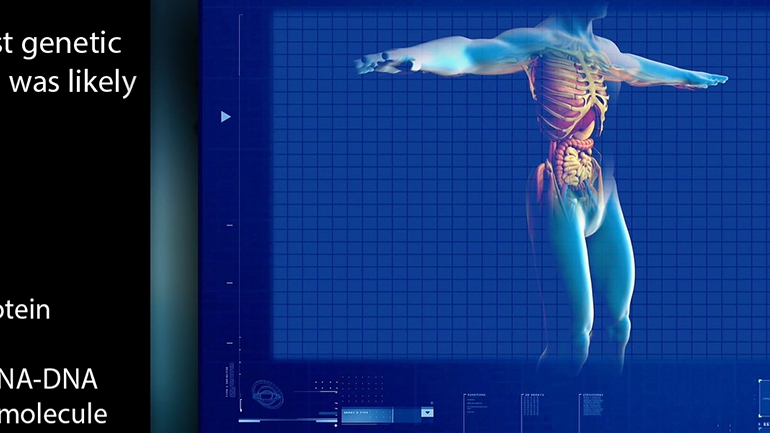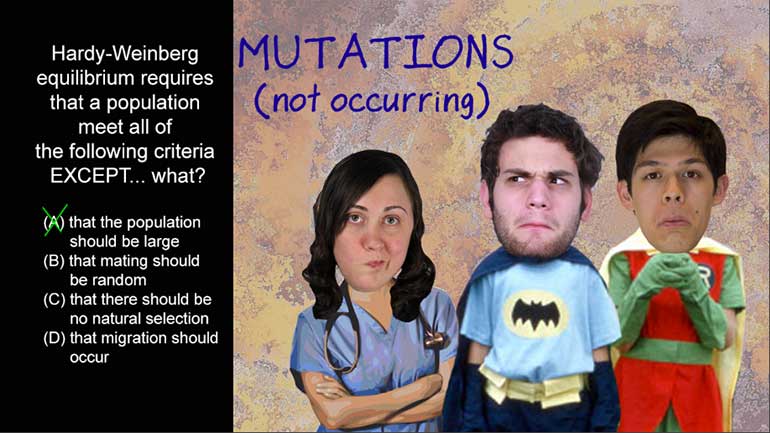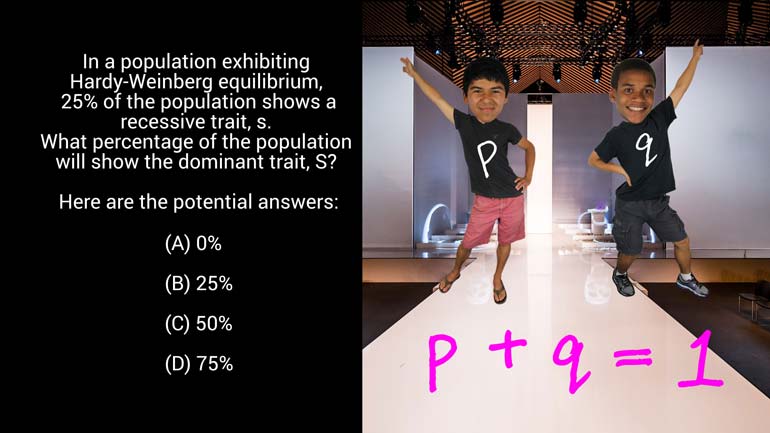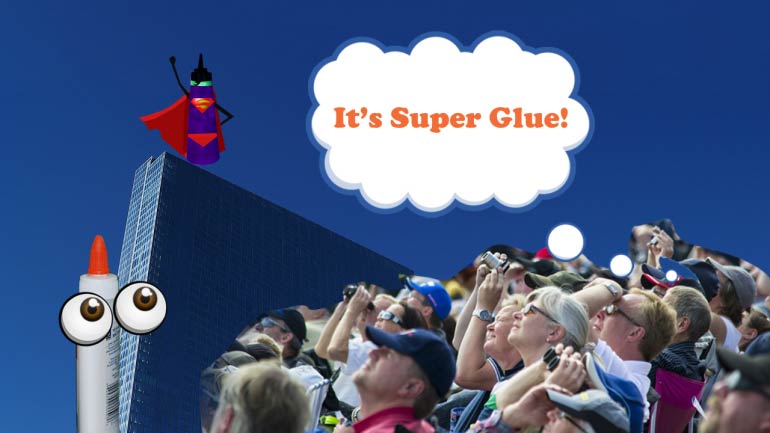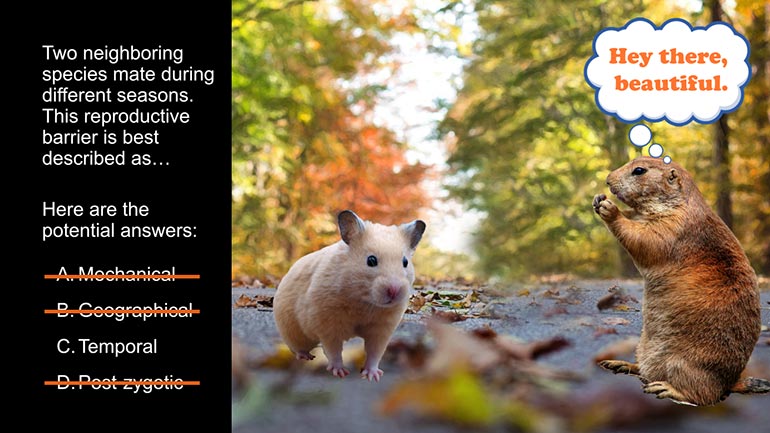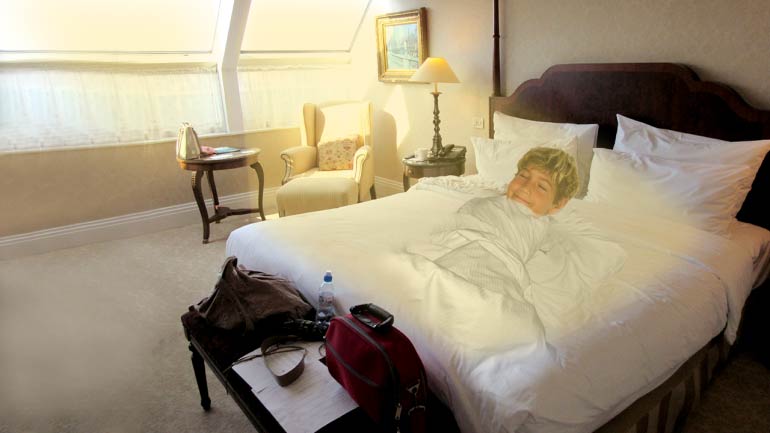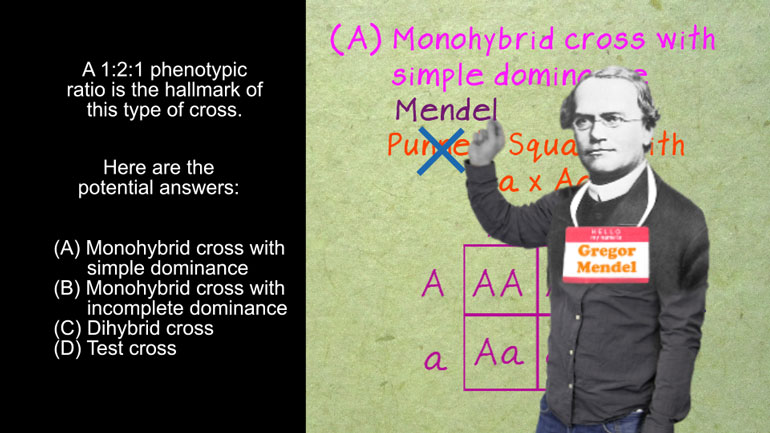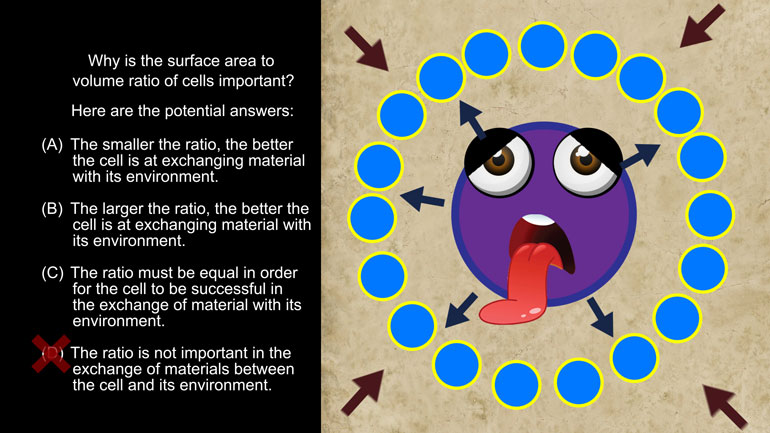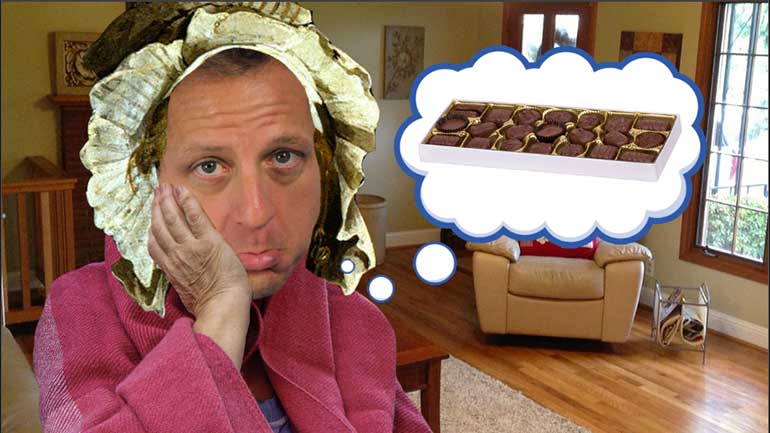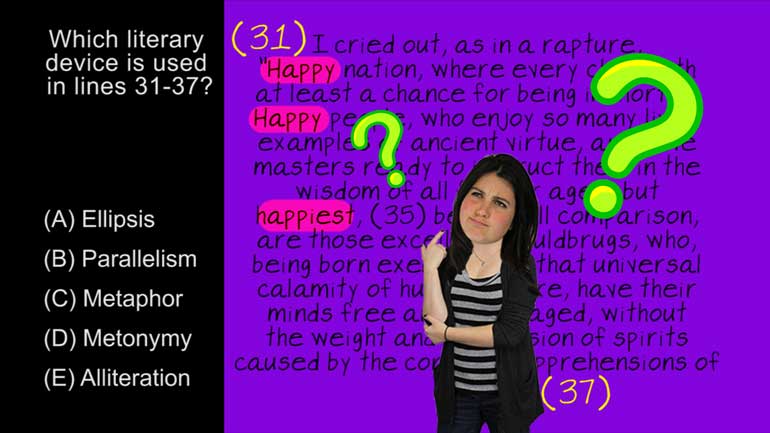ShmoopTube
Where Monty Python meets your 10th grade teacher.
Search Thousands of Shmoop Videos
Science Videos 686 videos
In this video, we dive beneath the sea to review the kinds of interesting animals that live in the deep blue.
Anything that has a cell (bacteria, listen up!) has phospholipids that keep the cell contained and give it form and shape. Phospholipids protect us...
Chemistry: 1.3 Making Sense of the Scientific Mind 103 Views
Share It!
Description:
Ask any scientist, and they'll tell you that there's a scientific method to their scientific madness. Because that's just typical of the sort of dorky thing scientists like to say.
Transcript
- 00:04
there are all kinds of famous methods
- 00:07
method for actors the Socratic method method man [People singing]
- 00:12
but one method reign supreme the scientific method
- 00:16
it's the granddaddy of all methods but what is it and why is it such a big deal [Toddler on man's back]
- 00:22
well okay if you like anything science has ever done for you iPhone cold
Full Transcript
- 00:27
medicine airplane vaccines the internet alternative fuel given shmoop at
- 00:31
developing rumors then you owe a huge debt of science into the scientific
- 00:36
method it's basically the rules of the science game work take a gander at each [Rules for science club appear]
- 00:41
step of the method and see why it's the rock star that it is observation first
- 00:47
things first don't just look at something and assume
- 00:50
you know how it smells if you can safely use all of your five senses then see
- 00:55
taste touch smell and hear as much as you possibly can
- 00:59
probably no need to then use your sixth sense I've seen dead people go very [Man looking at dead people]
- 01:03
rarely help to confirm your hypothesis which brings us to step number two
- 01:08
hypothesis based on your observations and research you'll want to make a
- 01:12
hypothesis or educated guess about some aspects of whatever it is you're [Scientists working in a lab]
- 01:16
observing maybe you're looking at a chemical that's bright orange has a
- 01:20
strong smell and is making a bubbling sound after correctly surmising that you [Hand touching beaker]
- 01:25
probably shouldn't touch or taste that sucker you hypothesize that when plastic
- 01:30
is whipped into the liquid the plastic will melt fair enough you might be right
- 01:35
you might be wrong that's the sort of thing the scientific method is designed
- 01:38
to help you figure out but keep in mind that your hypothesis must be ed civil in
- 01:43
other words it would do you no good to hypothesize the liquid might sprout arms [Liquid grows arms]
- 01:48
and legs and start doing housework if you introduce the Jupiter's atmosphere
- 01:51
addition okay moving on well the next step in the scientific message is
- 01:56
experiment where you take whatever steps are
- 01:59
necessary to test your hypothesis in the case of it warns liquid the line of
- 02:03
attack is pretty clear you'll want to dip some plastic into the liquid to see [Scientists places spoon into liquid]
- 02:07
if it does in fact smell of course you'll be wearing your goggles and other
- 02:11
protective gear right just in case the plastic slides up without and burst into
- 02:15
a million pieces as you perform the experiment you will collect data
- 02:20
well data is whatever information you collect in the course of your experiment
- 02:25
it might be qualitative data or you're collecting information about the
- 02:28
observable quality to the top you're experimenting on sotin qualitative data
- 02:33
here might include the fact the plastic spoon yer that you knew liquids are [Plastic spoon enters beaker]
- 02:37
informed when it's immersed or rather a sort of event or no such screening for
- 02:42
mirka ever such data is quantitative the root of that word of course is quantity
- 02:48
so we're looking for more numbers measurements etcetera the temperature [Person places thermometer into liquid]
- 02:52
liquid would be one piece of quantitative data or the volume in
- 02:56
decibels are supreme soon all right finally once your experiment is done [Liquid screams]
- 03:00
indepted you can perform an analysis to arrive at a conclusion this is where you
- 03:07
put together all the data you've accumulated and use it to prove or
- 03:10
disprove your hypothesis if the food melted in the liquid it looks like your [spoon melts inside beaker of liquid]
- 03:14
hypothesis holds water not we still wouldn't recommend you view that you
- 03:18
need your morning children and that's the scientific method in a nutshell [Nutshell cracks]
Related Videos
When you're about to marry the love of your life, not many things could stop you. However, finding out that your future hubby is keeping his crazy...
Here at Shmoop, we work for kids, not just the bottom line. Founded by David Siminoff and his wife Ellen Siminoff, Shmoop was originally conceived...
ACT Math: Elementary Algebra Drill 4, Problem 5. What is the solution to the problem shown?
AP® English Literature and Composition Passage Drill 1, Problem 1. Which literary device is used in lines 31 to 37?
AP® English Literature and Composition Passage Drill 2, Problem 1. What claim does Bacon make that contradicts the maxim "Whatsoever is delig...
